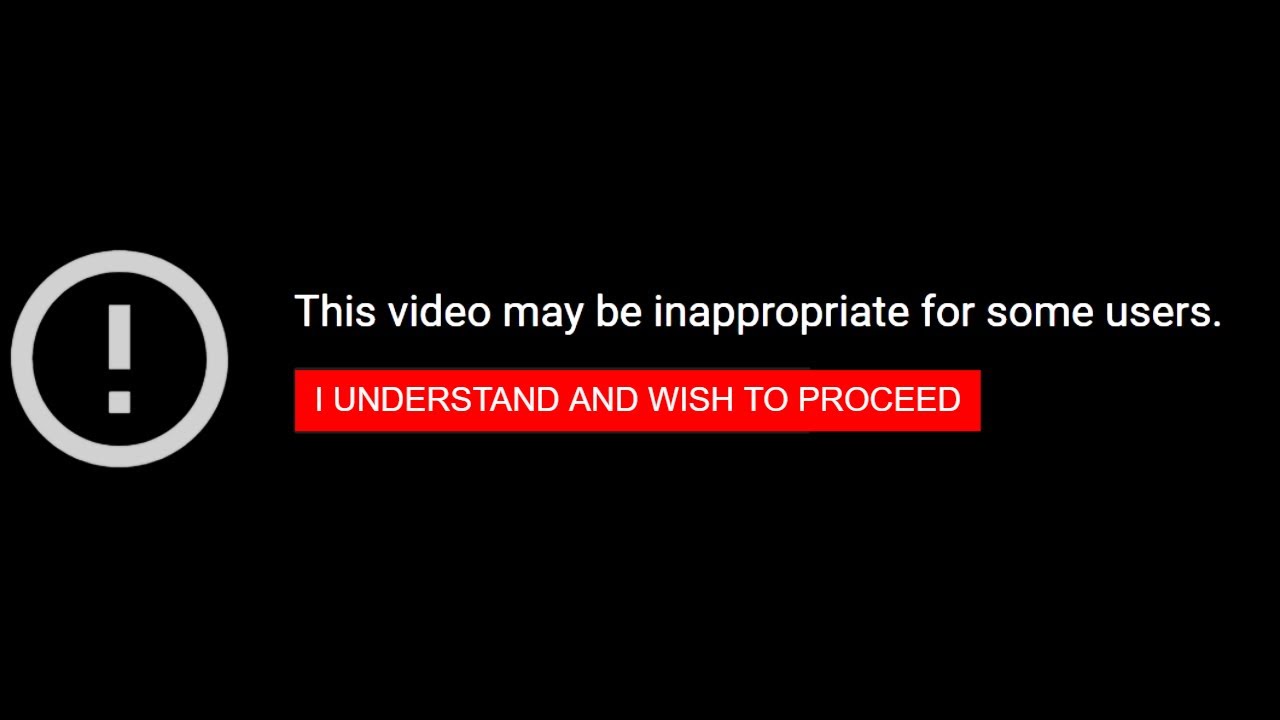Media Ownership: Crash Course Media Literacy #8
Summary
TLDRThis script discusses the complex landscape of media ownership, highlighting how a few major corporations control a vast array of media outlets and services. It delves into the history of media consolidation, from AT&T's dominance in telecommunications to modern examples like Disney's ownership of Marvel and Star Wars. The script also addresses the implications of such ownership on consumer choice and innovation, and the potential risks of monopolistic control over internet services and content distribution in the age of net neutrality debates. It underscores the importance of media literacy in understanding these corporate connections and their impact on society's communication and culture.
Takeaways
- 📱 Media consolidation involves complex networks of ownership, where a few large companies control diverse media and tech sectors.
- 🌐 Vertical integration allows companies to control multiple aspects of a product's lifecycle, leading to potential monopolies.
- 🎬 Understanding who owns popular media franchises helps consumers predict the quality and direction of the content.
- 🕸 Deals and partnerships between major corporations can create a 'tangled, incestuous web' of media ownership.
- 🔍 The landscape of media ownership is ever-changing, often making previous data quickly obsolete due to mergers and acquisitions.
- 🎥 The history of AT&T illustrates the rise and regulation of monopolies, and the impacts of antitrust laws designed to foster competition.
- 💻 Media companies' control over content and distribution has profound impacts on society, influencing everything from prices to content availability.
- 🚦 The lack of net neutrality could allow ISPs to control internet access and speed, affecting how and at what cost consumers access online content.
- 🔗 Tech giants like Google and Facebook, while not traditionally seen as media companies, play a significant role in media distribution and influence.
- 🛡 It’s crucial for consumers to stay informed about media ownership to understand potential biases and the quality of information they receive.
Q & A
What is the main topic of the script?
-The main topic of the script is media ownership, its history, and how it impacts everyday lives.
What does the term 'bundle' refer to in the context of the script?
-In the context of the script, 'bundle' refers to a package of services offered together, such as cell phone, internet, and cable services, usually at a discounted rate.
How does the script describe the relationship between different media companies?
-The script describes the relationship between different media companies as a complex web of deals, partnerships, and mergers, often leading to a concentration of ownership.
What is the significance of the AT&T story in the script?
-The AT&T story serves as an example of how a company can dominate an industry, leading to a monopoly, and the eventual need for regulation and anti-trust measures to protect consumers and encourage competition.
What is vertical integration in the context of the media industry?
-Vertical integration in the media industry refers to a company owning multiple stages of the production and distribution process, such as content creation, distribution channels, and the means of access.
What is net neutrality, and why is it important?
-Net neutrality is the principle that all internet traffic should be treated equally, without any discrimination or preference given to particular content, websites, or applications. It is important because it ensures a level playing field for content providers and prevents ISPs from controlling or manipulating access to information.
How does the script suggest that tech companies like Google, Facebook, and Amazon are influencing the media landscape?
-The script suggests that tech companies like Google, Facebook, and Amazon are influencing the media landscape by owning multiple content platforms and distribution channels, creating a significant presence in media distribution, and potentially shaping the way people consume information.
What is the role of the Federal Communications Commission (FCC) in media ownership?
-The FCC is responsible for regulating interstate and international communications by radio, television, wire, satellite, and cable in the U.S. It has the authority to examine and regulate media companies to prevent monopolies and ensure fair competition.
What are some consequences of the lack of net neutrality?
-Lack of net neutrality can lead to tiered internet services with different speeds and costs, potential censorship or throttling of content by ISPs, and the creation of 'walled gardens' where access to certain content requires additional fees.
How does the script suggest that consumers can benefit from understanding media ownership?
-The script suggests that understanding media ownership can help consumers make informed decisions about the media they consume, recognize potential biases, and advocate for policies that protect their interests and encourage a diverse and competitive media landscape.
What is the main argument made in the script regarding the regulation of tech companies?
-The main argument made in the script is that tech companies, which are also acting as media companies, should be regulated similarly to traditional media companies to ensure accountability, prevent monopolistic practices, and maintain a healthy media environment.
Outlines

此内容仅限付费用户访问。 请升级后访问。
立即升级Mindmap

此内容仅限付费用户访问。 请升级后访问。
立即升级Keywords

此内容仅限付费用户访问。 请升级后访问。
立即升级Highlights

此内容仅限付费用户访问。 请升级后访问。
立即升级Transcripts

此内容仅限付费用户访问。 请升级后访问。
立即升级5.0 / 5 (0 votes)






